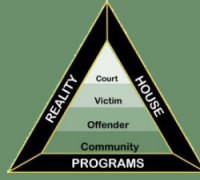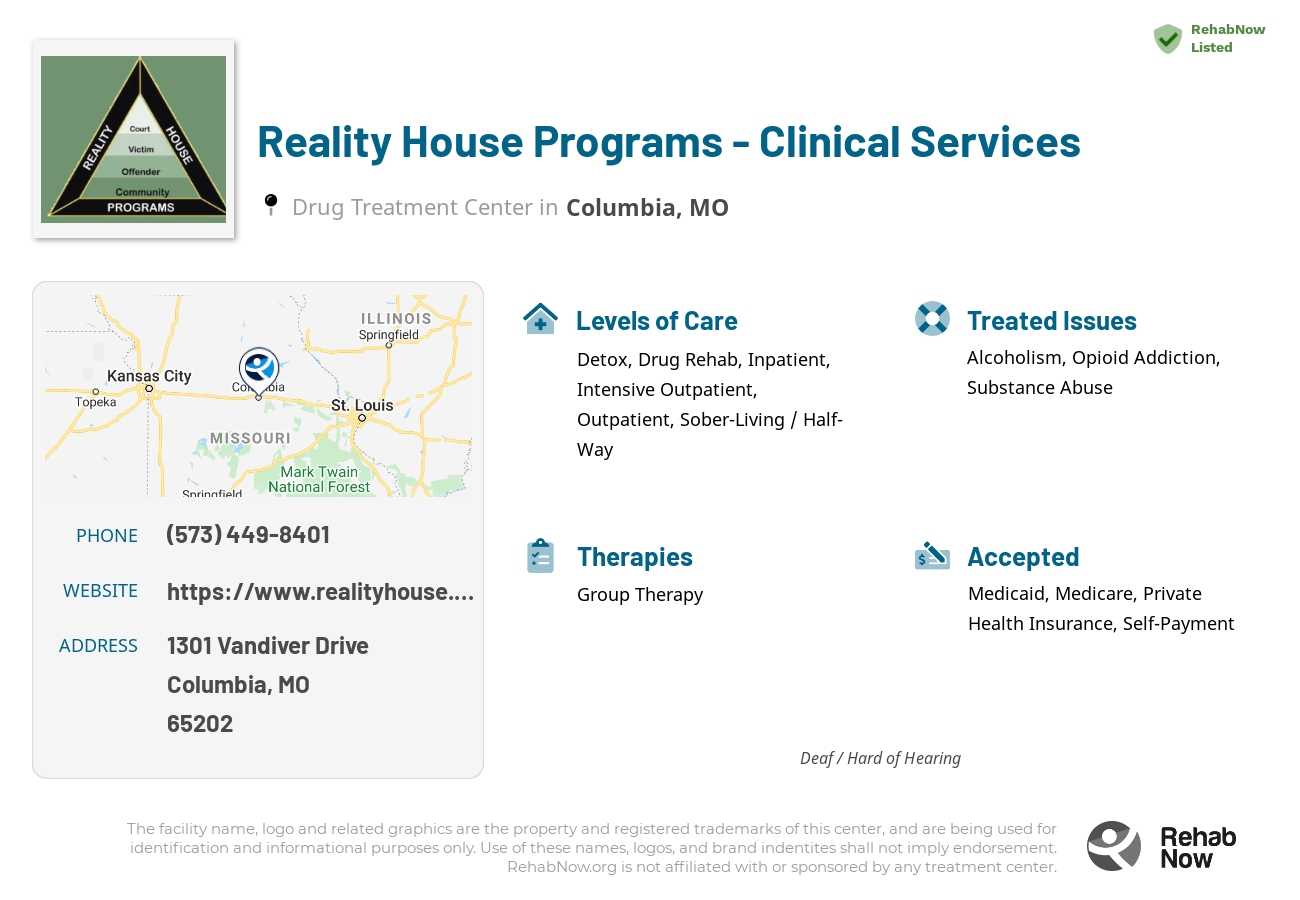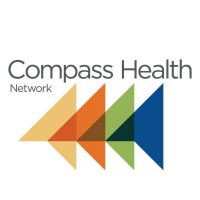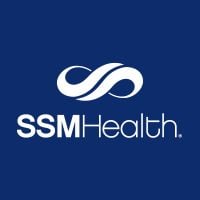Reality House Programs - Clinical Services
Drug Rehab Center in Columbia, Missouri
Reality House Programs - Clinical Services is a reputable addiction and substance abuse treatment provider that offers evidence-based treatment approaches, individual and group counseling, family therapy, medication-assisted treatment, and relapse prevention education to individuals struggling with addiction in Columbia, Missouri.
About Reality House Programs - Clinical Services in Missouri
Reality House Programs - Clinical Services in Columbia, Missouri is a leading provider of addiction and substance abuse treatment. They utilize evidence-based treatment approaches, such as Cognitive Behavioral Therapy and Motivational Interviewing, in order to help individuals struggling with addiction. Their goal is to create a safe and supportive environment where individuals can learn and develop the skills needed for successful recovery.
Reality House Programs - Clinical Services provides a range of services for addiction and substance abuse. Their services include individual counseling, group therapy, family therapy, and psycho-educational classes. They also offer a medication-assisted treatment program to help individuals struggling with opioid addiction. In addition, they provide relapse prevention education and support individuals in their recovery journey.
Reality House Programs - Clinical Services is accredited by the Commission on Accreditation of Rehabilitation Facilities and has been awarded the CARF International Excellence in Quality Award. They are also certified by the Missouri Department of Mental Health, Division of Alcohol and Drug Abuse, as a substance use disorder treatment provider. Additionally, they are members of the National Association of Addiction Treatment Providers and provide access to AA/NA meetings and crisis intervention services.
Genders
Ages
Modality
Additional
Conditions and Issues Treated
Substance abuse is the excessive use of any drug. This includes alcohol, medications, and illegal drugs. Substance abuse is treated with a combination of physical and mental treatments. Patients detox and follow up with therapies that target the underlying cause of the addiction. Substance abuse is a severe problem that can be successfully treated with a variety of therapies. Reality House Programs - Clinical Services treatment uses a combination of therapies along with other resources to overcome substance abuse.
Opioid addiction treatment should be done in a medically supervised drug rehab. While taking opioids, users will typically use other substances to enhance the effects of opioids or to reduce the adverse effects of opioid use. Opioid addiction treatment will include detoxification and drug rehab counseling to help both the user and their loved ones learn how to live a successful sober lifestyle.
Treatments such as methadone, buprenorphine, and naltrexone are three medications that can help treat opioid addiction. These drugs work on the brain’s pleasure center and reduce cravings and the effects of illicit opioids such as heroin. These drugs can be either given orally or by injection. Individual drug rehab counseling sessions can be helpful to discuss any questions or concerns with the drug treatment program. This counseling will also help the user set goals for when they finish drug rehab.
Opioid addiction recovery is a long process. Many of the changes to the brain caused by opioid use cannot be undone, but with time and the proper treatment, a person can return to normal function. After detox, treatment will include drug rehab counseling and entering a halfway house or sober living community. Aftercare is critical to long-term recovery, as it helps the user avoid relapsing and entering back into drug rehab.
Levels of Care Offered
This center offers a variety of custom treatment tailored to individual recovery. Currently available are Detox, Drug Rehab, Inpatient, Intensive Outpatient, Outpatient, Residential, Sober-Living / Half-Way, with additional therapies available as listed below.
An addict may have to go through alcohol or drug withdrawal. While detox may be uncomfortable, it is not life-threatening. Detoxification allows the addict to rid the body of all traces of drugs or alcohol and gives the addict a clean slate for their recovery. In an inpatient or outpatient setting, detox can be managed medically.
Inpatient treatment for alcoholism or drug addiction is an option that provides the addict with a supportive environment in which they can stop using. This type of treatment is appropriate for addicts that are most in need of intensive care and supervision. This includes those who were unable to quit on their own, those who need more structure than they can get in outpatient treatment.
Intensive outpatient treatment is a type of comprehensive addiction care. Unlike conventional residential treatment programs, the patients live at home during the recovery process. This means that one can continue working and caring for their families. These also allow people to keep pursuing their studies while also working on their sobriety.
Outpatient treatment can help one transition to normal life from the round-the-clock supervision and treatment available during inpatient treatment. It is an excellent tool to ensure long-term recovery. However, it is essential to note that intensive outpatient treatment in itself does not remove patients from the real-world setting. This means there’s always a higher risk of coming across environmental triggers. To further prevent relapse, an outpatient treatment center should be able to provide ongoing support services.
Once the patient is enrolled in an intensive outpatient treatment program, they will be expected to attend therapy and group meetings daily for a stipulated period. The frequency and duration of each session will depend on the patient’s needs and level of addiction. This can help curb the habit and deal with underlying issues that led to it. Most of these professional treatments are designed to allow patients to structure their daily schedules in a way that is conducive to recovery.
“Outpatient treatment is ideal for those who have a lower intensity addiction. It’s also suitable for those with a supportive environment and those on a tight budget.
Outpatient treatment can be considered the lowest intensity level of addiction treatment. It is ideal for early phase addiction or lower intensity addictions. It may involve weekly sessions instead of daily. Peer group support, 12-step programs, and individual counseling may still be used and anti-addiction medication.
Sober living homes are halfway houses where people can stay for a while and stabilize themselves—no drinking or drugging, paying rent/bills, etc. There is no minimum or maximum stay, but as long as you follow these simple guidelines, it’s an excellent chance to move forward into sobriety!
For many, this is a new beginning, a reset. The opportunity to establish new routines and healthy habits that will result in long-term sobriety is given to those who have lost everything due to addiction. It’s also common for people to move from one sober living home to another, each step closer to a drug and alcohol-free life.
Residential treatment programs are those that offer housing and meals in addition to substance abuse treatment. Rehab facilities that offer residential treatment allow patients to focus solely on recovery, in an environment totally separate from their lives. Some rehab centers specialize in short-term residential treatment (a few days to a week or two), while others solely provide treatment on a long-term basis (several weeks to months). Some offer both, and tailor treatment to the patient’s individual requirements.
Therapies & Programs
Group therapy is held in a safe, controlled setting where patients can feel comfortable sharing their struggles and gaining perspective through shared conversations. It takes place in a group rather than one on one to prevent feelings of isolation or being unique in their situation while creating an environment for addicts at Reality House Programs - Clinical Services to develop fellowship, accountability, and support. Group therapy is an important tool in recovery that prevents cravings that prompt a return to active addiction.
Payment Options Accepted
For specific insurance or payment methods please contact us.
Is your insurance accepted?
Ask an expert, call (888) 674-0062
Additional Details
Specifics, location, and helpful extra information.
Columbia, Missouri 65202 Phone Number(573) 449-8401 Meta DetailsUpdated November 25, 2023
Staff Verified
Reality House Programs - Clinical Services Patient Reviews
There are no reviews yet. Be the first one to write one.
Columbia, Missouri Addiction Information
Opioid-related overdoses in Missouri have been increasing steadily for the past three decades. In 2018, more than 1,130 people in Missouri died from opioid abuse. Methamphetamines and marijuana abuse have surpassed opioid abuse in Missouri. Missouri is the number 1 methamphetamine manufacturer in the country with more than 27 meth labs per 100,000 people.
In 2018, there were reports of 1,817 drug-related overdoses in Columbia, MO. This is a significant increase from the previous year when there were only 1,063 overdoses reported. 30% of Columbia's population admit to using drugs in the past month. Columbia is also home to one of the state's largest heroin treatment centers. In 2016, the center treated nearly 1,000 people for heroin addiction.
Treatment in Nearby Cities
- Butler, MO (119.3 mi.)
- Sullivan, MO (82.0 mi.)
- Raymore, MO (115.4 mi.)
- Farmington, MO (131.9 mi.)
- Maryville, MO (165.8 mi.)
Centers near Reality House Programs - Clinical Services
The facility name, logo and brand are the property and registered trademarks of Reality House Programs - Clinical Services, and are being used for identification and informational purposes only. Use of these names, logos and brands shall not imply endorsement. RehabNow.org is not affiliated with or sponsored by Reality House Programs - Clinical Services.










